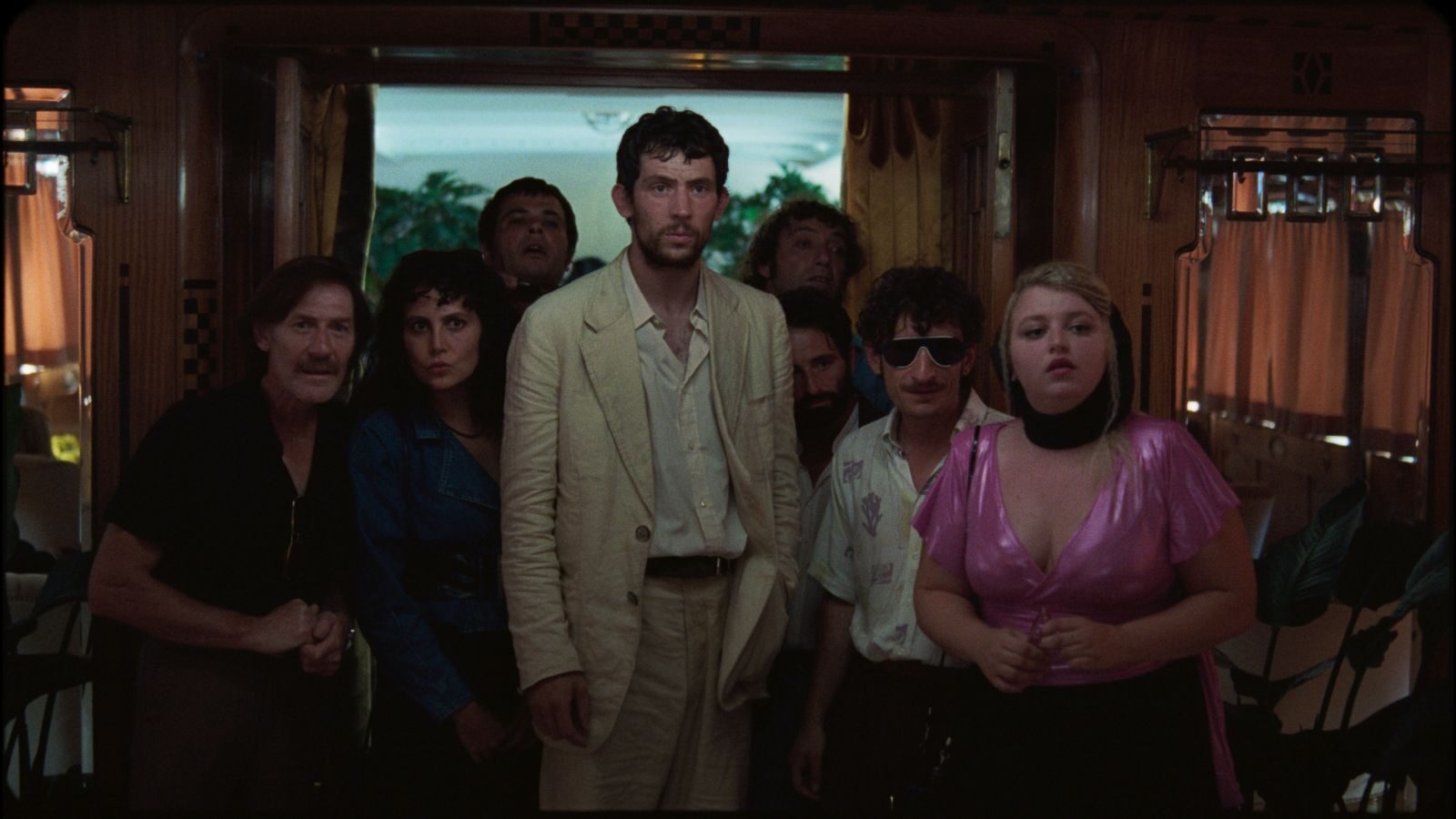
Warning: This article contains spoilers.
The Italian countryside takes on a dream-like quality in director Alice Rohrwacher’s period drama, La chimera.
The phrase “La chimera" refers to a sort of mythological being featuring a lion’s head and a serpent tail — a candid parallel to the unattainable surrealism at the heart of this narrative.
Set in 1980s Tuscany, the film draws upon Josh O’Connor’s (The Crown) grounded performance as Arthur, a disgruntled British archaeologist returning to Italy after a stint in prison. Arthur is one of the tombaroli, a group of thieves targeting ancient Italian artifacts, digging up graves in search of their loot.
O'Connor transforms Arthur from archaeological scholar to hardened criminal. His demeanor is repressed, his movement dour, still suffering from the loss of his partner Beniamina.
Arthur’s chimera, then, is not wealth but the love he’s lost. In an effort to be reunited with his partner’s spirit, he returns to thievery, tracking down Etruscan antiquities with a band of grave-robbers.
We see flashes of Beniamina in his mind, but she’s fleeting, her presence gradually replaced with Italia (Carol Duarte). In what may be a subtle — or not so subtle — nod to Bong Joon-ho’s Parasite, Italia is keeping her children hidden in the house where she works as a maid, to none other than Beniamina’s mother.
As the film progresses, the alluring grasp of Beniamina in Arthur’s mind returns, never truly withering, even amidst his illegal activities. He sells his collected artifacts to Spartaco (Alba Rohrwacher), a dealer who flips the objects to museums for a fortune. Yet even as audiences realize his role as a cog in an avaricious capital machine, Arthur keeps digging.
Does he believe he’ll be reunited with Beniamina? Or in some strange way, is his venturing into the land of the dead offering some ethereal connection to her?
These questions are explored through the tombaroli’s nighttime pursuits, culminating in a chase with local police. Eventually, Arthur drops an invaluable statue head into the ocean sacrificially, a statement on the loss of this artifact and the ownership of the past.
Rohrwacher imbues elegance by playing with score and texture on screen, making it clear her story of an archaeologist is the furthest thing from the American Indiana Jones, instead creating something layered and lyrical, a fable of pronounced cinematic freedom across tone. La chimera is a film that channels energy into Arthur’s dreams and life until even he can’t distinguish between the two.
Cover image courtesy of NEON.